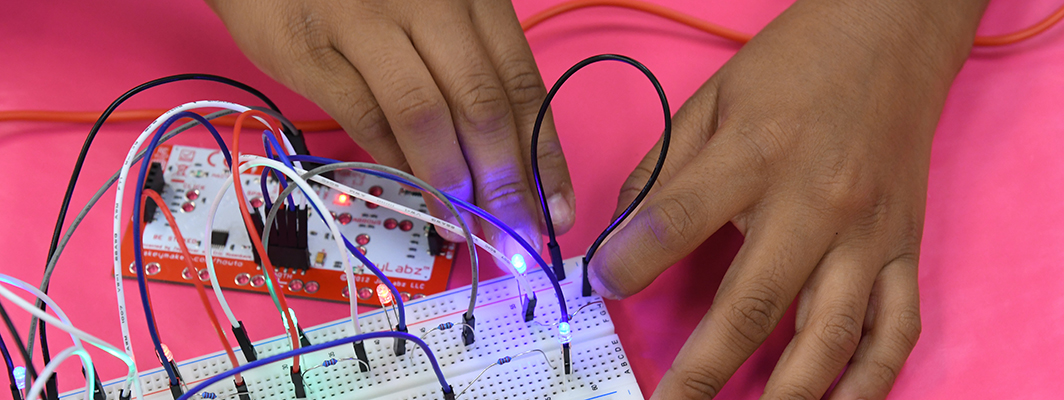
This post is part of a series in which we frame maker learning in terms of three core values – Agency, Authenticity, and Audience – as the key components to creating the highest quality making experiences for learning.
Authenticity is key to effective maker learning. It is also a complex idea that can play out in many different ways. Here are three examples:
Most commonly, when educators look at creating authenticity in educational experiences they are thinking about the famous sentiment from John Dewey: “Education is not preparation for life; education is life itself.” When we design learning experiences that make school more like the world outside of school, we are adding an element of social authenticity. In particular, social authenticity is created through opportunities to work on meaningful projects with real-world tools (physical or virtual) and to participate in activities that emulate what they’ll experience as future adults.
Projects that successfully incorporate student agency (our first core value of maker learning) through meaningful choice and purpose for learning, help students create an emotional connection to their work and learning. This personally meaningful work that embodies the students’ lived experience, goals, or desire to serve is affectively authentic.
Lastly, projects that allow students to chart their own path through content and skills – pace and order, as well as content – are cognitively authentic. Cognitive authenticity embraces and embodies the concepts of constructivism as a learning theory. This type of authenticity leads students to be self-directed and lifelong learners, a goal we have for all of our students. Think about how you might apply this framework, used by coaches in our Verizon Innovative Learning Schools, to help your students thrive in a cognitively authentic environment.
A learning experience can be valuable if it contains only one of these forms of authenticity, but the best contain all three. To see an example of all three of these interlinking forms of authenticity in action, read this story of students designing a child-friendly prosthetic from Digital Promise Global’s Learning Studios program. In seeking to help children who are integrating a new prosthesis into their lives, these students experienced affective authenticity. Through the cognitively authentic process of iterative design and fabrication, they built from the core skills and knowledge of their coursework to map the skills they needed to realize their design. And, in creating an entrepreneurial solution to a problem in a field of future study and potential career practice, their experience was socially authentic as well.
You can build authentic making and design into your students’ experience right now (and maybe even win a trip to a Maker Faire) by engaging in the Digital Promise filmMAKER Challenge. Stay informed about our Maker Learning work and receive opportunities and resources by signing the Maker Promise.